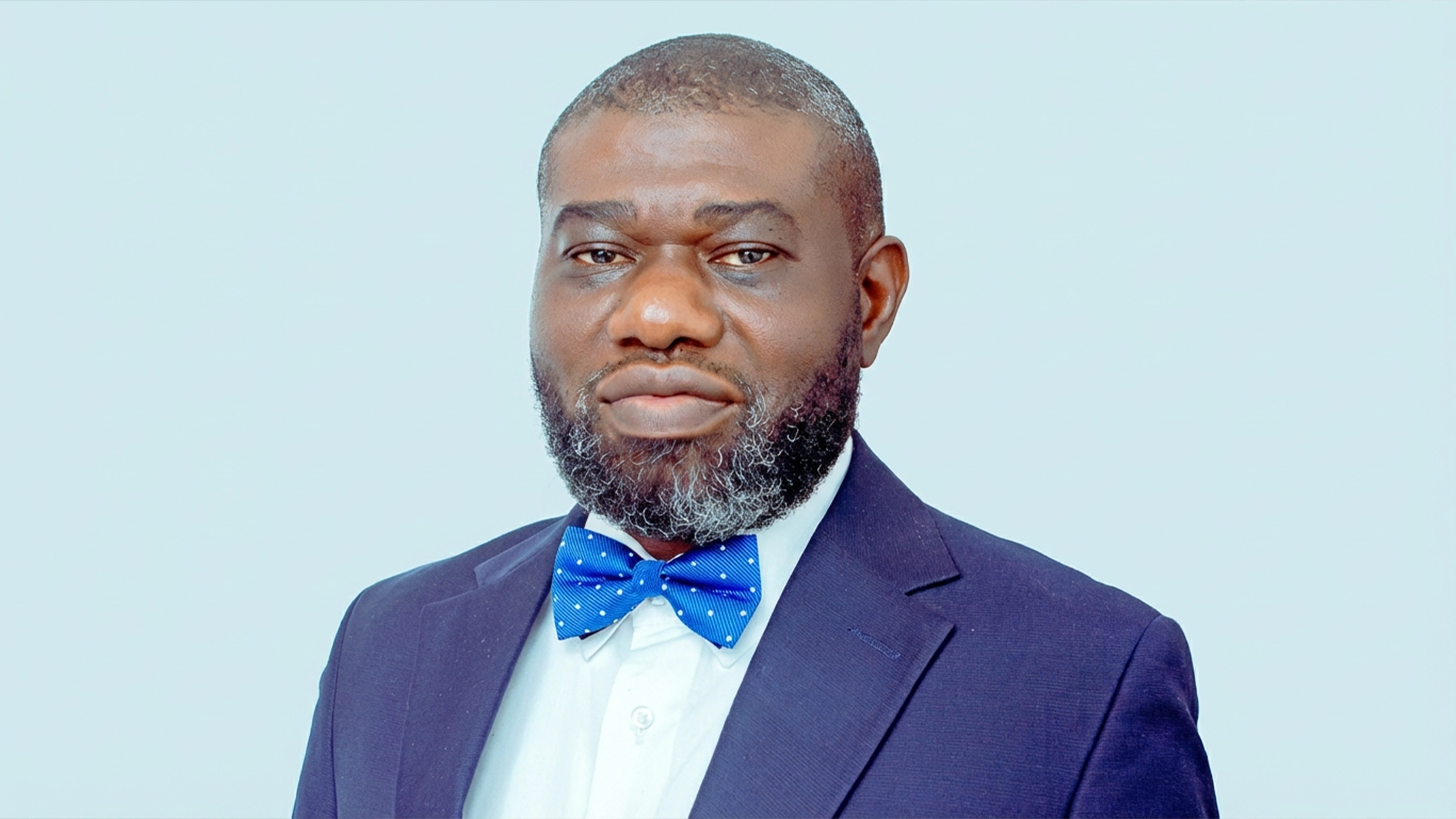 Sir: In the journey of life, growth and change are two constants that shape our existence. They are intertwined forces that push us to evolve, adapt, and transform into better versions of ourselves. The truth is that for growth to occur in life, thinking is very critical.
Sir: In the journey of life, growth and change are two constants that shape our existence. They are intertwined forces that push us to evolve, adapt, and transform into better versions of ourselves. The truth is that for growth to occur in life, thinking is very critical.
You can change without growing, but you cannot grow without changing. To delve deeper into this profound concept, we must explore the intricate relationship between thought, growth, and change, drawing insights from various philosophical, religious, and everyday wisdom.
Growth and change are often seen as synonymous, but they possess distinct characteristics that set them apart.
Growth implies a continuous expansion, improvement, and development in various aspects of life, be it personal, professional, or spiritual. It is a deliberate process of nurturing one’s potential, stepping out of comfort zones, and embracing challenges to reach new heights. Change, on the other hand, involves a shift in mindset, behavior, or circumstances that propel us towards growth. It is the catalyst that sparks transformation and paves the way for new opportunities.
In the words of Muhammad Ali, “The man who views the world at 50 the same as he did at 20 has wasted 30 years of his life.” Growth necessitates a willingness to question, reflect, and continually refine our thoughts and actions.
Change is inevitable, whether it be through life events, experiences, or encounters with diverse perspectives. However, the crucial aspect lies in how we harness these changes through thoughtful reflection and introspection.
As the renowned philosopher Socrates once said, “An unexamined life is not worth living.” This profound statement highlights the significance of critical thinking in evaluating our beliefs, values, and choices to facilitate personal growth.
In the Bible, Romans 12:2 states, “Do not be conformed to this world, but be transformed by the renewing of your mind.” This verse underscores the transformative power of thought and the necessity of cultivating a renewed perspective to experience growth. Similarly, in Islam, the Prophet Muhammad (peace be upon him) emphasised the value of self-reflection and growth in the hadith, “The ink of the scholar is more sacred than the blood of the martyr.” This highlights the significance of knowledge, wisdom, and intellectual growth as pathways to spiritual enlightenment and personal development.
Islamic teachings also emphasise the significance of introspection and self-improvement. The Quran states in Surah Ar-Rum 30:41, “Corruption has appeared throughout the land and sea by [reason of] what the hands of people have earned so He may let them taste part of [the consequence of] what they have done that perhaps they will return [to righteousness].” This verse underscores the notion that change must be accompanied by growth in order to restore balance and righteousness in one’s life.
Critical thinking serves as the cornerstone of intellectual growth and self-discovery. The renowned philosopher Aristotle once remarked, “It is the mark of an educated mind to be able to entertain a thought without accepting it.” This statement underscores the importance of open-mindedness, rationality, and logical reasoning in expanding our cognitive horizons and fostering intellectual growth.
Furthermore, the philosophical concept of metacognition, or thinking about thinking, plays a crucial role in enabling individuals to evaluate their thought processes, biases, and cognitive strategies. By engaging in reflective thinking and self-assessment, we can deepen our understanding of ourselves, challenge preconceived notions, and embrace transformative change.
In our daily lives, we encounter numerous situations that test our resilience, adaptability, and capacity for growth. From facing adversity and overcoming challenges to seizing new opportunities and embracing uncertainty, every experience offers valuable lessons in personal development.
As the saying goes, “When life gives you lemons, make lemonade,” we are reminded of the transformative power of embracing change and turning obstacles into opportunities.
As we navigate the complexities of life, let us heed the wisdom of ancient teachings, embrace the challenges of change, and cultivate a mindset of curiosity, resilience, and adaptability. In the words of the philosopher Heraclitus, “The only constant in life is change.” May we embrace this eternal truth with grace, courage, and a steadfast commitment to personal growth and transformation. God is with us!
• Prof. Chiwuike Uba






